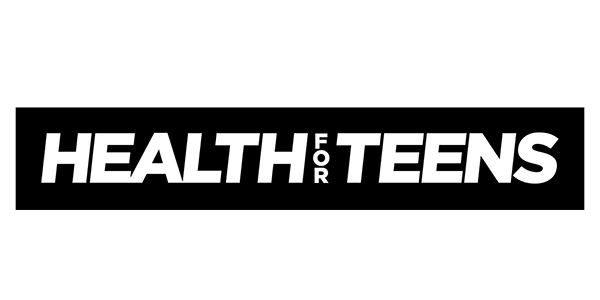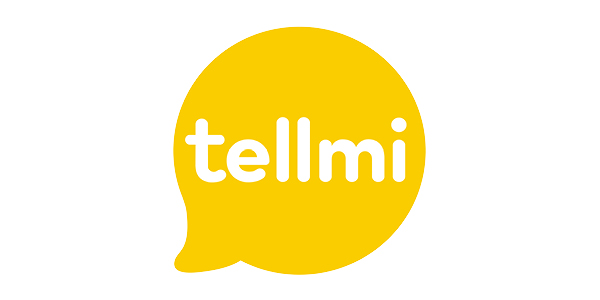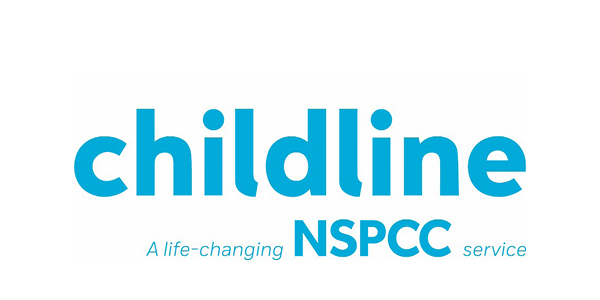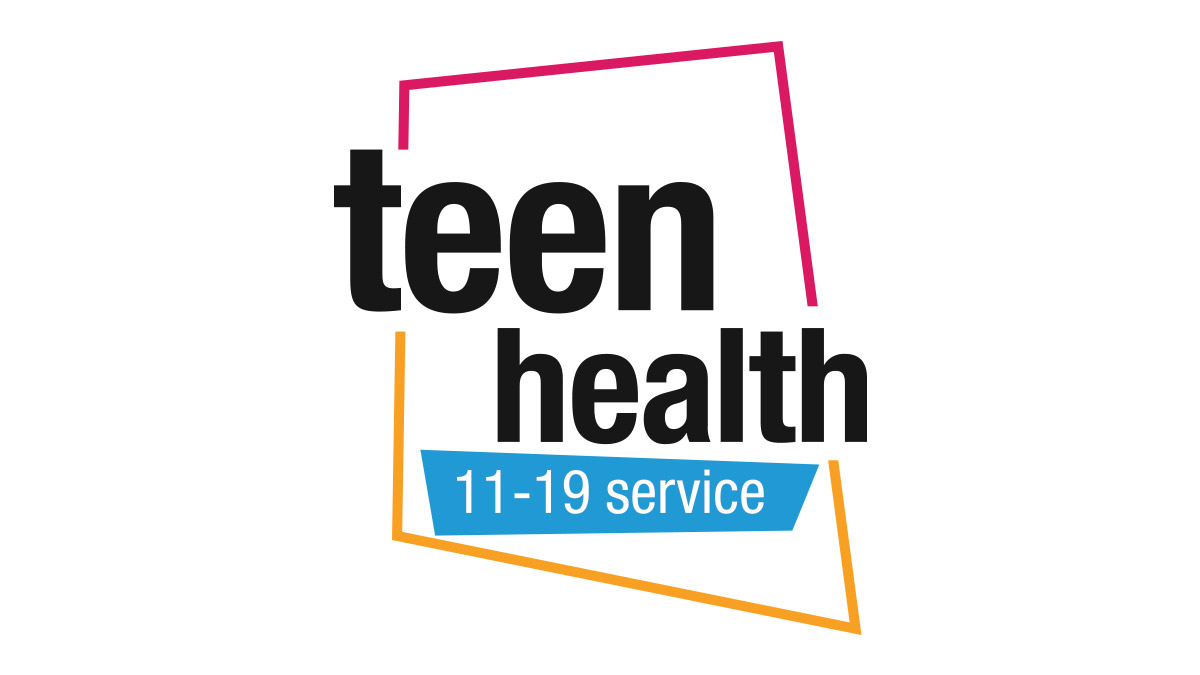Immunisations
What do you know about the immunisations?
Some diseases can cause serious harm or even death, and immunisation gives protection against these infectious diseases. Immunisation can be known as vaccinations, jabs, or injections. Vaccines teach the body to make the antibodies that fight off infections.
The UK has one of the most successful immunisation programmes in the whole world! This means that dangerous diseases, such as Polio, Diphtheria and Tuberculosis have almost disappeared from the UK.
But these diseases could come back to the UK if we stop vaccinating. These diseases are still around in many countries throughout the world, which is why it’s so important to get protected.


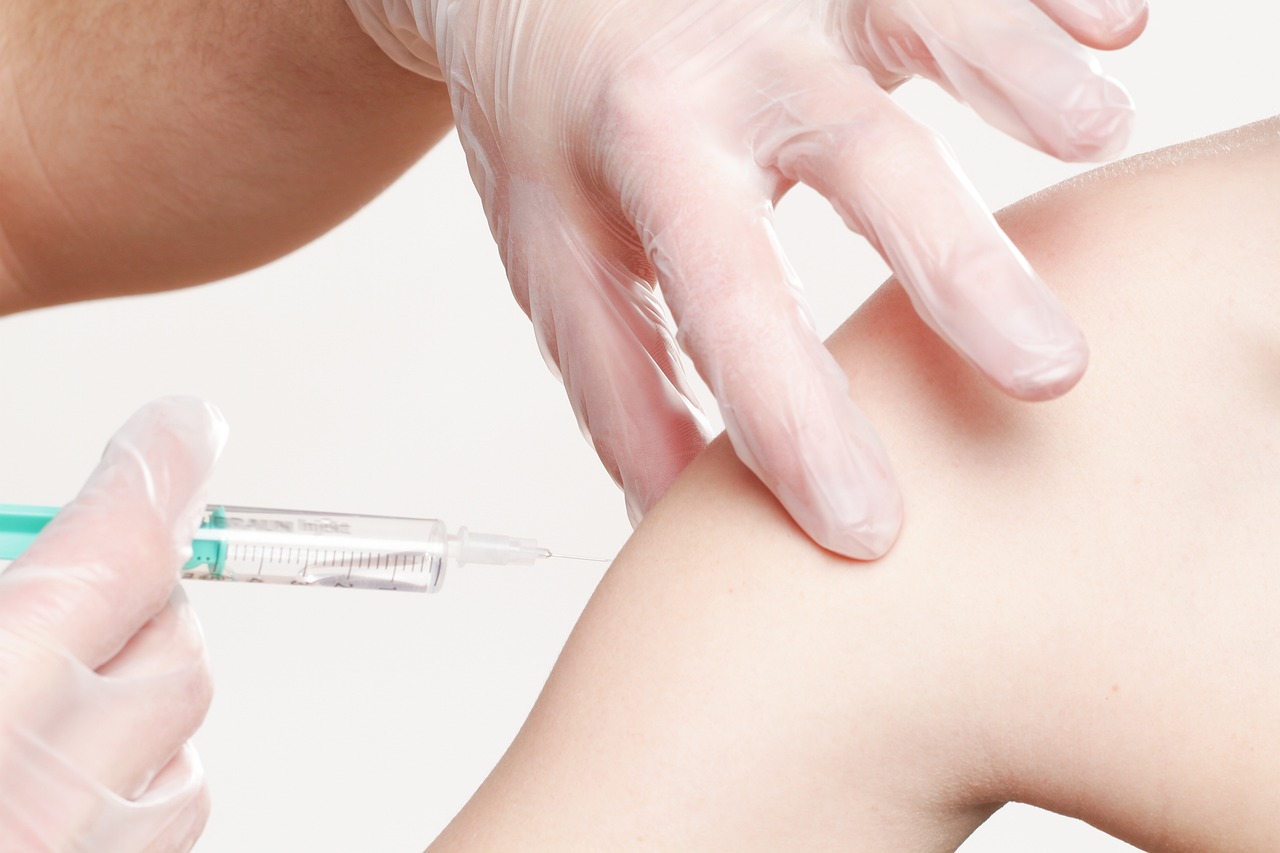
Your Vaccine Schedule
Most children in the UK will have had a variety of vaccines as babies or young children. This will include vaccines for Measles, Mumps, Rubella, Diphtheria, Tetanus and Polio. Receiving these vaccines follows a timetable known as a vaccine schedule.
It’s common to feel nervous about vaccinations, especially if you haven’t had one in a few years. The information below will explain everything you need to know.

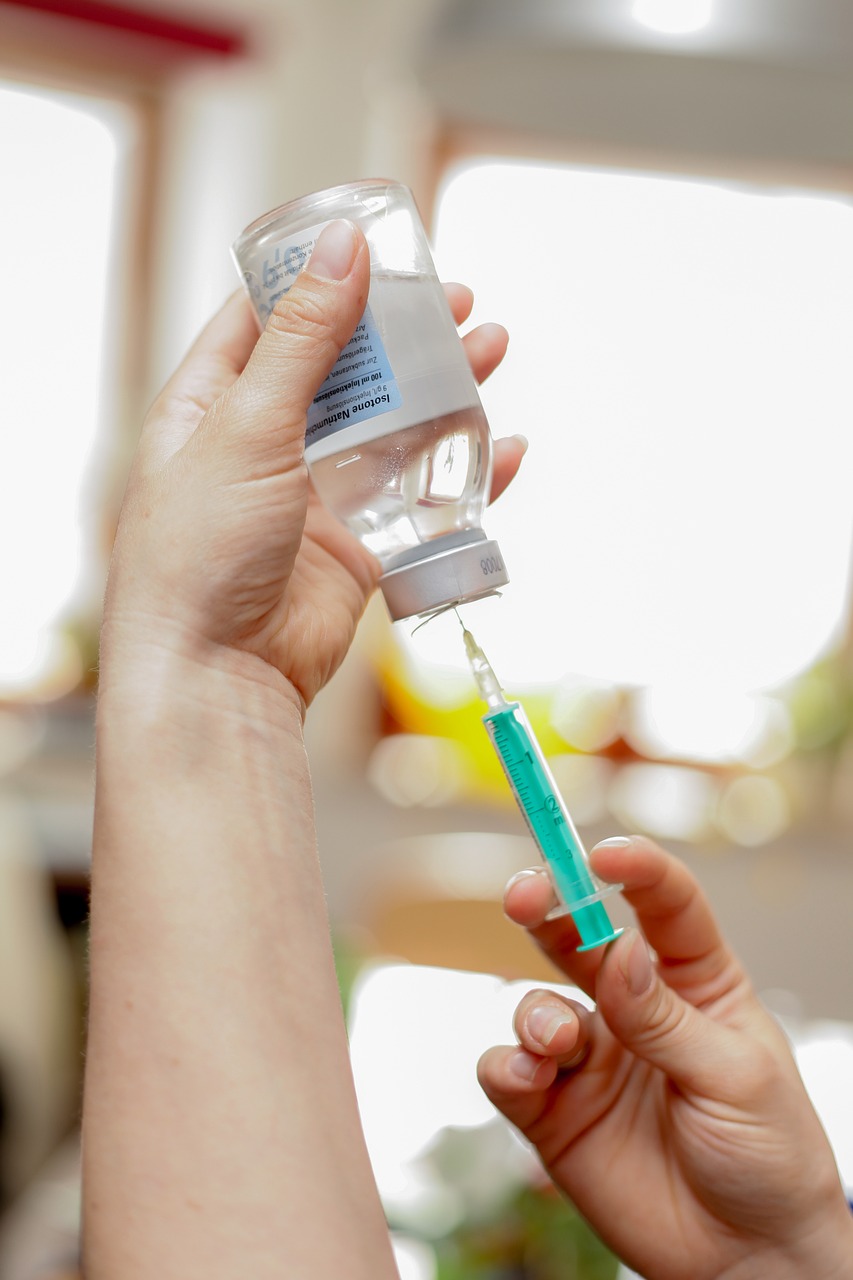
As we get older the vaccines on the scheduler are:
- Up until 13 years old you will be offered a yearly flu vaccine
- At 12 - 13 years old you will be offered the HPV vaccine which protects you against the virus that causes most cervical cancers. This is 2 injections which are given between 6 months and 2 years apart
- At 14 years old you will be offered a teenage booster which is for Tetanus, Diphtheria and Polio. This also includes the MenACWY vaccine which helps protect you from the 4 main types of meningitis disease
Consent for immunisations
Parents and carers will normally be asked to provide consent for you to have the immunisations. However, as you mature you will be able to provide your own consent as long as you understand what is involved. This is called Gillick Competency.
Read MoreTop tips for immunisation day
- Clothes: Your vaccine will be given in your upper arm so if possible, wear a short-sleeved shirt, blouse or T-shirt.
- Food: Make sure you have something to eat and drink before and after your vaccination.
- Allergies: The healthcare professional will ask if you are allergic to any of the ingredients in the vaccine. Let them know if you have any other allergies too.
- Keep calm: Remember it’s OK to feel nervous, but it’s really important to stay calm. The nurse giving you the vaccination will help you with that.
- Music: If your school allows, you can listen to music during the vaccination to help you feel calm.
- Go to your happy place: A good way to relax is to close your eyes and imagine you’re in a place that makes you feel happy and calm. This could be at the park with your friends or at the beach.
- Breathe: Relaxation breathing helps you remain calm. Slowly breath in through your nose and then slowly breathe out through your mouth.
- Count to 5... The injection is really quick and will be over before you know it!


